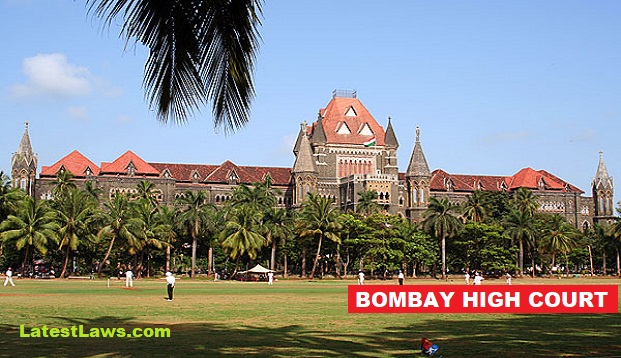December 01, 2018:
On Saturday, Bombay High Court has held that costs imposed on parties to an arbitration cannot be covered in the term “fees” fixed for an arbitrator.
Therefore, an arbitrator cannot direct any party to an arbitration proceeding to pay such costs to him.
The order was passed by a Single Judge Bench of Justice SJ Kathawalla in a petition under Section 15 of the Arbitration & Conciliation Act, 1996, seeking termination of the mandate of the Arbitral Tribunal constituted to resolve the dispute between the Petitioner, Modi Dairy and Respondent, Alfa Laval (India) Ltd.
The Petition also sought to appoint a fit & proper person as an Arbitrator in substitution of the earlier Arbitral Tribunal.
In his guidelines set out for filing Statement of Claim, Written Statement and Statement of Counter Claim, the Arbitrator to the proceedings had informed the parties that no extensions/adjournments would be granted except in the gravest of circumstances and subject to payment of costs of a minimum of ₹20,000.
Pursuant to this direction, a cost of ₹ 50,000 was imposed on the Respondent for seeking time to file the Statement of Claim.
Although the Arbitrator recorded that no specific ground was mentioned for the same, the deadline for filing the Statement of Claim was extended.
Soon after, the Petitioner sought extension of time to file the Statement of Defence on two occasions. On both the occasions, time was granted by the Learned Arbitrator subject to costs of ₹ 50,000 for each extension.
Subsequently, the Arbitrator directed the Petitioner to deposit total costs of ₹ 1,00,000 within a stipulated date with him by cheque or by NEFT transfer.
Aggrieved by the direction to pay the costs imposed to the Arbitrator himself, the Petitioner moved the High Court to terminate the mandate of the Arbitrator.
It was the Petitioner’s case that the practice of imposing costs that is to be paid to the Arbitrator is against the provisions of law and also against the Arbitration Agreement between the Parties concerned.
Before the High Court, the Respondents also agreed to terminate the mandate of the Arbitrator.
The Court held that the Arbitrator is only entitled to receive his fee for the days on which the meetings are fixed by him, and not the costs that he imposes on parties. If a contrary procedure is followed by the Arbitrator, the Court observed, his mandate can be terminated on this ground.
“The Learned Arbitrator is certainly entitled to his fees. Even if a party/parties seek/s and obtains adjournment/s on the days fixed for hearing, the Arbitrator/s may still insist that his/their fees or part thereof be paid. However, the Arbitrator/s, apart from charging his / their fees, cannot direct any party to pay costs to him / them on any ground, including the ground that the pleadings are not filed on time by the parties, or for granting extension/s to file pleadings.”
The Court further observed that if the Arbitrator is of the view that the party is seeking time without showing any grave circumstance, he has the power to reject the Application seeking extension. He, however, cannot direct the party to pay costs to him.
Such costs are always payable to the other side and certainly not to the Arbitrator, the Court clarified.
Since both the Parties had agreed to terminate the mandate of the Arbitrator and appoint Advocate Salil Shah as the Sole Arbitrator to decide all the disputes between them, the mandate of the earlier Arbitrator was terminated automatically under Section 15(1)(b), and no order of termination was required to be passed, the Court recorded.
Picture Source :

























